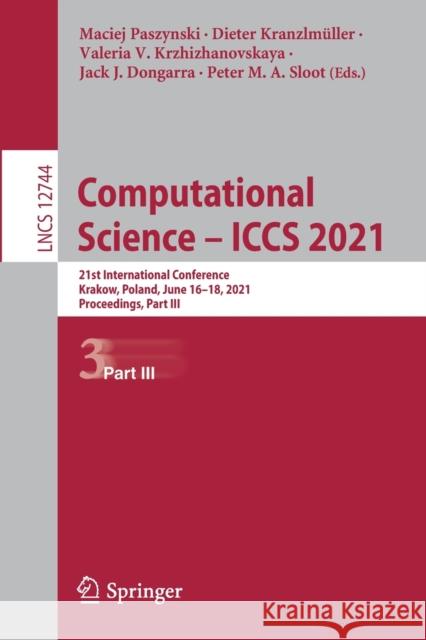Computational Science - Iccs 2021: 21st International Conference, Krakow, Poland, June 16-18, 2021, Proceedings, Part III » książka
topmenu
Computational Science - Iccs 2021: 21st International Conference, Krakow, Poland, June 16-18, 2021, Proceedings, Part III
ISBN-13: 9783030779665 / Angielski / Miękka / 2021 / 745 str.
Computational Science - Iccs 2021: 21st International Conference, Krakow, Poland, June 16-18, 2021, Proceedings, Part III
ISBN-13: 9783030779665 / Angielski / Miękka / 2021 / 745 str.
cena 201,72
(netto: 192,11 VAT: 5%)
Najniższa cena z 30 dni: 192,74
(netto: 192,11 VAT: 5%)
Najniższa cena z 30 dni: 192,74
Termin realizacji zamówienia:
ok. 16-18 dni roboczych.
ok. 16-18 dni roboczych.
Darmowa dostawa!
Kategorie:
Kategorie BISAC:
Wydawca:
Springer
Język:
Angielski
ISBN-13:
9783030779665
Rok wydania:
2021
Wydanie:
2021
Ilość stron:
745
Waga:
1.05 kg
Wymiary:
23.39 x 15.6 x 3.89
Oprawa:
Miękka
Wolumenów:
01
Dodatkowe informacje:
Wydanie ilustrowane











